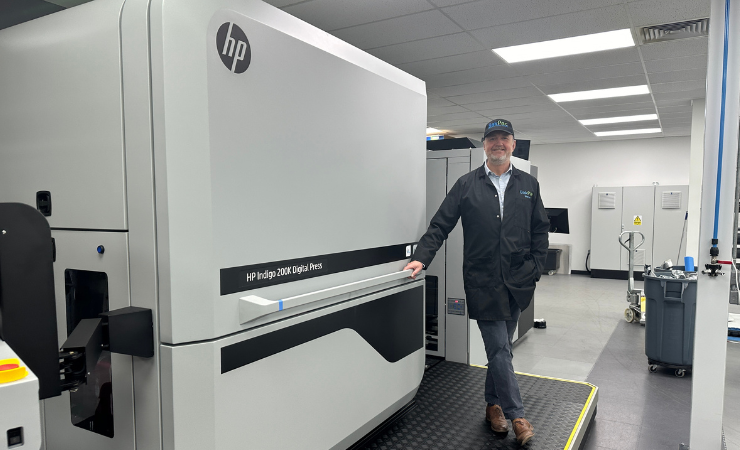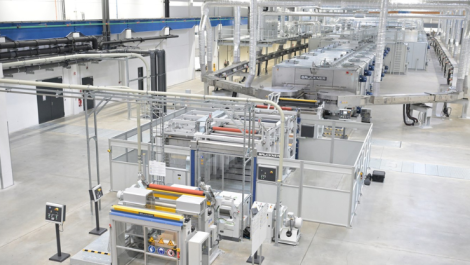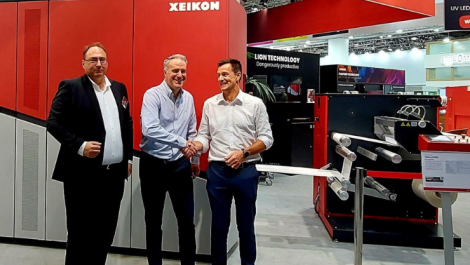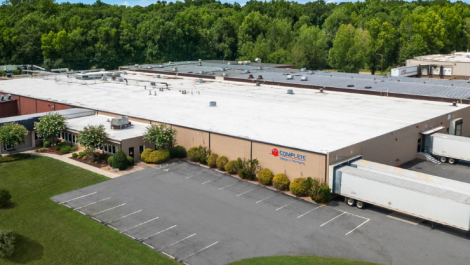BakPac, the flexible packaging division of independent UK label printer, Bakers, has invested in a HP Indigo 200K digital print press, becoming the first production company to do so in the UK.
The investment is part of BakPac’s broader £3 million expansion strategy, including the acquisition of two additional pouch makers and a new production facility in 2024.
Stepping into the heart of BakPac’s operations, the HP Indigo 200K is claimed to boast a 30% increase in printing speed and a 45% boost in expected productivity. Figures like these are possible because of the enhancements within the machine. These include improved corona treatment for a cleaner greener footprint, more efficient energy consumption, a new writing head laser system, BID motors, and an ink delivery system with five dual revolver stations supporting 100% coverage and non-stop printing.
The ability to handle higher volumes extends BakPac’s reach, moving the crossover point between digital and flexo and making larger orders more accessible has opened doors to a broader customer base for the company.
The ever-changing market means there is a need for a press that is more efficient, reliable, and more cost-effective. Steve Baker, managing director of BakPac responded, ‘We have been experiencing a growing demand for volume alongside price pressure.
‘The 200K gives us all of these elements and will help the business grow at a faster rate.’
This isn’t Bakers’ first investment with HP; it’s a partnership began back in 2006 with their first digital label press, the WS 4050. 18 years later and the Indigo 200K becomes Bakers’ 10th HP digital press. The Indigo 200K replaces the 20000, following the launch of BakPac in 2020.
Peter Jolly, HP’s UK and Ireland manager commented, ‘The HP Indigo 200K is designed to increase productivity and print speed which in turn fosters more opportunity for growth.
‘We are proud to partner with BakPac on our tenth successive digital press together and continue to enable their journey as a pioneer for advancements in flexible packaging and setting standards for efficiency, reliability, and sustainability.’






